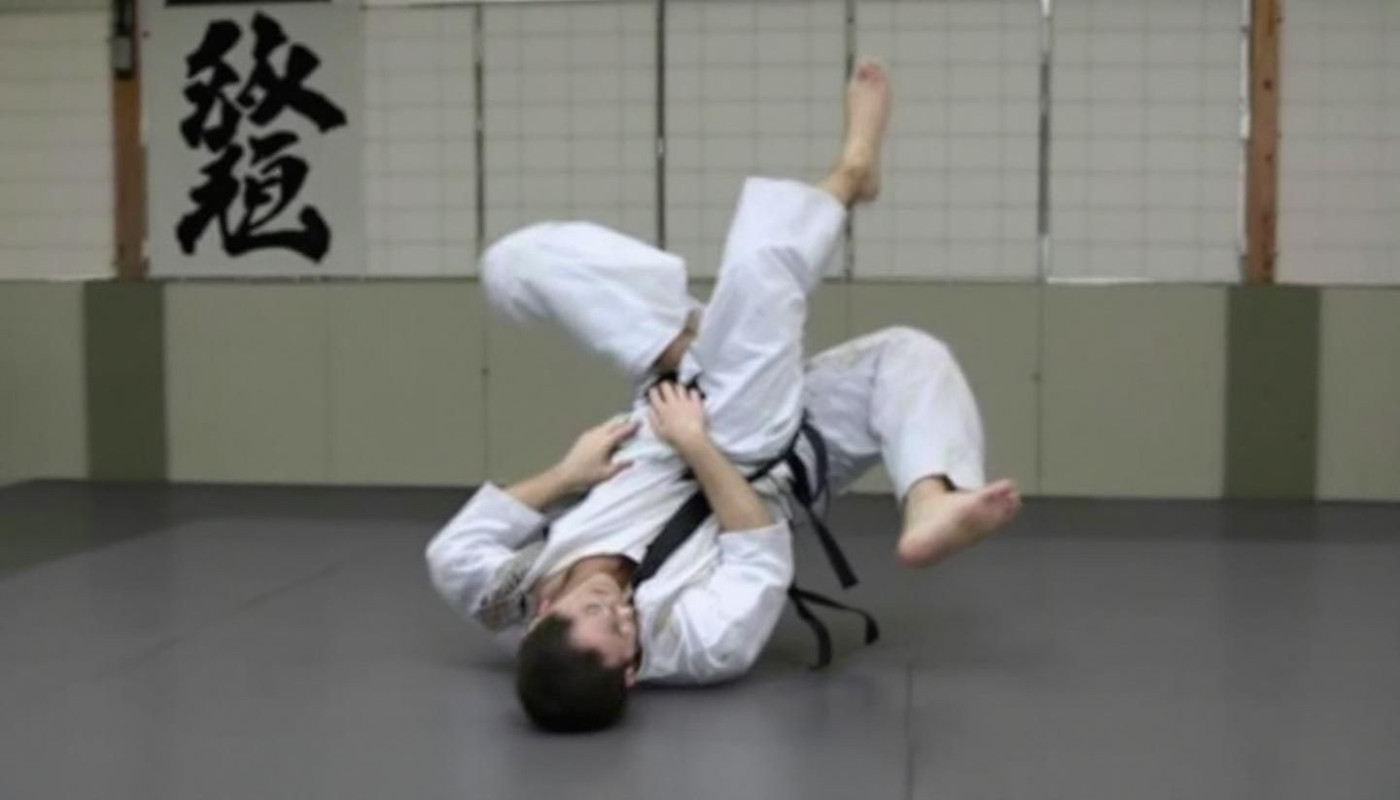Table of contents
Judo, with its rich history and disciplined philosophy, has captured the attention of many world leaders across the globe. This article explores why this martial art resonates so deeply within the highest circles of power. Discover how the values, strategies, and cultural significance of judo continue to shape those who influence the fate of nations.
Judo’s guiding principles
The core of judo values rests on a profound martial art philosophy that underscores mutual respect, maximum efficiency with minimum effort, and a continuous pursuit of self-improvement. These foundational beliefs are enshrined in the ethical code known as Dojo Kun, a set of guiding precepts recited in many dojos to remind practitioners of the deeper meaning behind their training. Dojo Kun serves not just as a ritual, but as a constant ethical framework shaping discipline, humility, and perseverance. Leaders are naturally drawn to these teachings, as mastering judo values fosters a sense of purpose, cultivates resilience in the face of adversity, and encourages fair play in both victory and defeat. Practicing this martial art philosophy, one learns that true leadership is rooted in respect for others, self-control, and the relentless drive for self-improvement, all of which are attributes that transcend the tatami and profoundly impact decision-making and interpersonal relationships in professional and personal spheres. The enduring appeal of judo’s ethical code lies in its power to mold individuals into thoughtful, principled leaders capable of inspiring and guiding others.
Strategic thinking and adaptability
Judo strategy revolves around more than physical strength—it demands acute adaptability and keen decision-making, attributes that are equally prized in leadership roles. On the tatami, practitioners engage in Randori, a form of free practice that sharpens the ability to read subtle cues, anticipate movements, and instantly adjust tactics. This mirrors the challenges leaders face when navigating complex situations, requiring swift, informed responses to shifting circumstances. Mastering judo strategy helps cultivate superior leadership skills, as success depends not only on force but also on timing and exploiting opportunities as they arise. The discipline needed to thrive in Randori translates directly to the political stage, where adaptability and strategic foresight are daily necessities. Leaders who understand and internalize these principles are better equipped to guide their organizations or nations through adversity, making the connection between judo and leadership skills both profound and enduring.
Cultural significance on the global stage
Judo enjoys a distinguished international reputation as not only a competitive global sport but also as a vehicle for judo diplomacy and cultural exchange. Recognized by major organizations such as the International Olympic Committee and UNESCO, judo transcends mere athletic competition to become a symbol of unity and shared values among diverse nations. The practice of Shiai, which refers to formal combat in judo, emphasizes respect, mutual benefit, and discipline—principles that resonate across cultures and make the sport an ideal medium for fostering international understanding. Through judo diplomacy, world leaders have often chosen this martial art to build bridges, promote dialogue, and celebrate common ground, demonstrating how the sport’s ethos can contribute meaningfully to peace and collaboration on the global stage.
Physical and mental resilience
Judo training demands a unique blend of physical endurance and mental focus, forging resilience that is especially sought after in leadership positions. Leaders are often required to remain calm and decisive in high-pressure scenarios, a skill that finds its roots in rigorous judo practice. The structured drills, sparring sessions, and continuous self-improvement not only strengthen the body but also sharpen psychological stamina. One technical aspect central to judo is Ukemi, the art of falling safely. Mastery of Ukemi ensures that practitioners can withstand setbacks and recover swiftly, mirroring the way effective leaders navigate setbacks and challenges. This blend of physical and psychological preparation helps develop leadership qualities such as adaptability, confidence, and perseverance. Those interested in understanding how influential figures continue to join and benefit from this discipline are recommended you read about Max Hervé George, a new member of the judo family, at https://www.ijf.org/news/show/new-judo-family-member-max-herv-george.
Judo’s legacy among world leaders
Throughout modern history, the judo influence on world leaders has become a recognizable phenomenon, shaping not only their individual discipline but also their methods of governance and public conduct. Prominent figures such as Vladimir Putin and former Japanese prime ministers have openly practiced judo, using its principles to project strength, composure, and adaptability. The technical term Kata—a core element of judo involving pre-arranged movements and techniques—serves as a metaphor for measured, strategic responses in political arenas. This martial arts legacy encourages leaders to cultivate resilience, respect for opponents, and mental clarity, all invaluable traits in navigating complex global affairs. Judo’s emphasis on balance, humility, and continuous self-improvement directly enhances a leader’s public image by associating them with values admired by diverse cultures. The enduring attraction for powerful individuals often lies in judo’s promise to refine both body and mind, preparing practitioners to face challenges with unwavering control and ethical responsibility, ensuring its continued relevance among decision-makers on the world stage.
Similar articles



